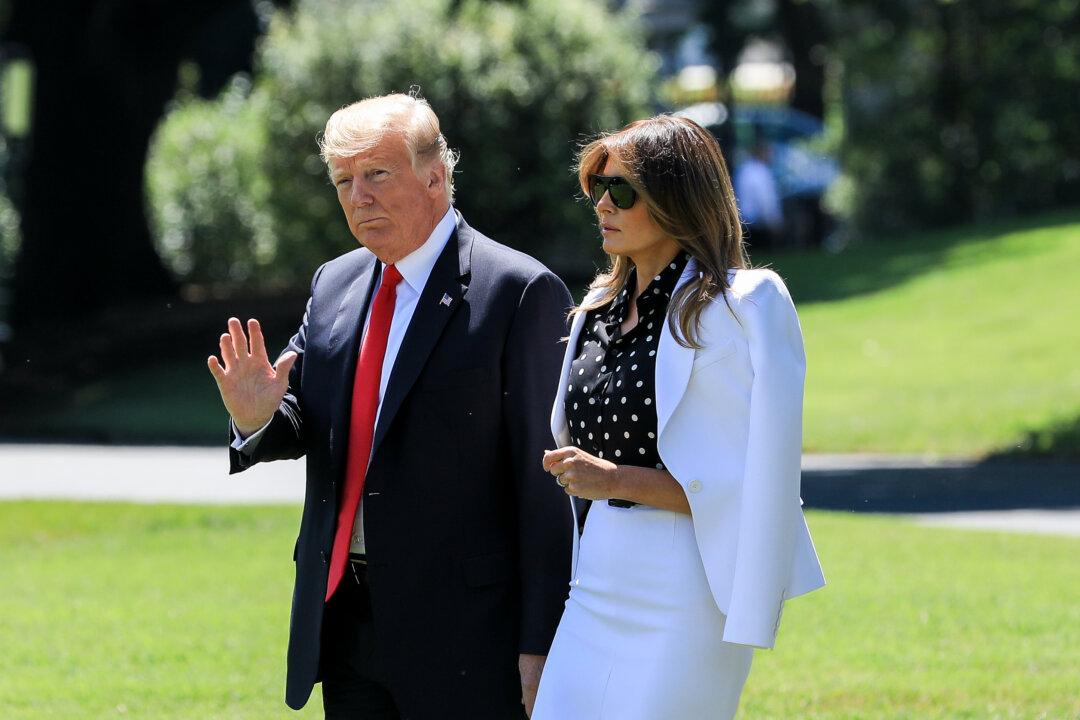WASHINGTON—President Donald Trump is ramping up his criticism of social-media companies, accusing them of silencing and censoring users, especially conservatives.
“Social Media Giants are silencing millions of people,” the president wrote on Twitter on Aug. 24. “Can’t do this even if it means we must continue to hear Fake News like CNN, whose ratings have suffered gravely. People have to figure out what is real, and what is not, without censorship!”





